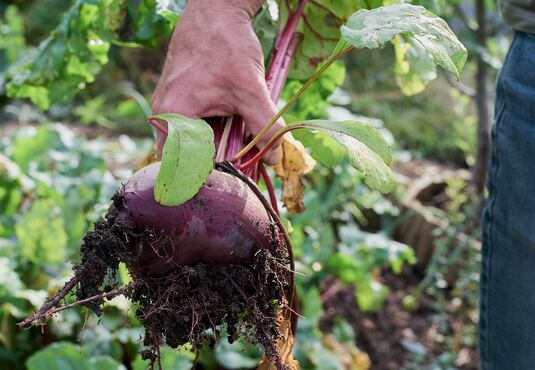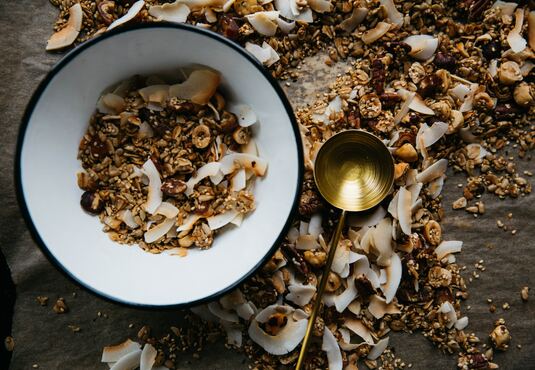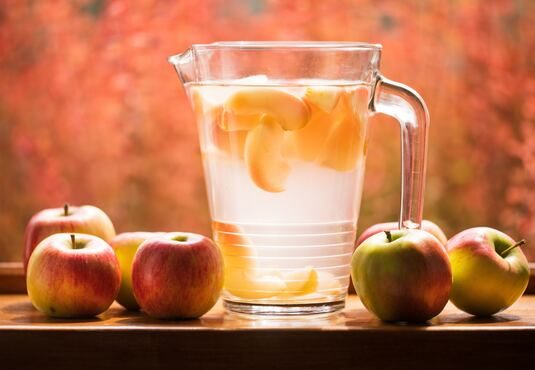
Meal Prep - preparation is half the battle
Preparation is key
"Meal Prep" is the smart way to plan and pre-cook meals in advance. In stressful times, meal prep can save the day. The idea of Meal Prep is to cook for several days at a time when you're at it anyway, such as on the weekend. This doesn't mean you have to eat the same thing all week. With a little imagination and simple tricks, several variants can be derived from one dish and the menu also becomes varied.
Aim and advantages
The goal is to plan the pre-cooking so that as few ingredients as possible are left over and nothing will end up in the trash. This is not only better for your wallet, but also for the environment. You can decide how many ingredients you use or how varied you cook based on your skills, your goals and your time.
3 Basics for your MealPrep project
Plan: Take time once a week to plan the following week: plan meals per each day and what ingredients you want to use based on the chosen recipes. Pay attention to where you are when you eat. For example, if you can't reheat meals at the office, this will limit your recipe choices. If the food can be heated, stews, casseroles, soups and dishes with rice are ideal. Two to three dishes per week are sufficient, which are then recombined on several days. Make sure that the dishes can be prepared in parallel and that the ingredients can be used for several dishes. Once the recipes have been determined, write a shopping list so that you don't forget anything. Furthermore, a cooking sequence helps to save time when pre-cooking - i.e. in which order is which cooking step started, how long do the individual steps take and which ones can happen at the same time.
Cooking: You should start cooking when you have stress-free time - for many people, Sunday is the ideal day. You should only need about 1 hour for pre-cooking after the first few weeks. Pre-cooking is also a lot of fun together - Meal Prep works the same way with a partner, friends or kids!
Storage: Any glass or plastic storage container is suitable, and at best, it should still be microwaveable and stackable. In general, transfer pre-cooked meals to the refrigerator as soon as possible after they have cooled. There, most dishes keep fresh for 3-4 days, some dishes less long, such as fish and seafood. For a longer shelf life, the dishes can also be frozen: to do this, let them cool down first. Frozen dishes simply defrost in the refrigerator the night before use.
Autor: Olympiazentrum Vorarlberg








